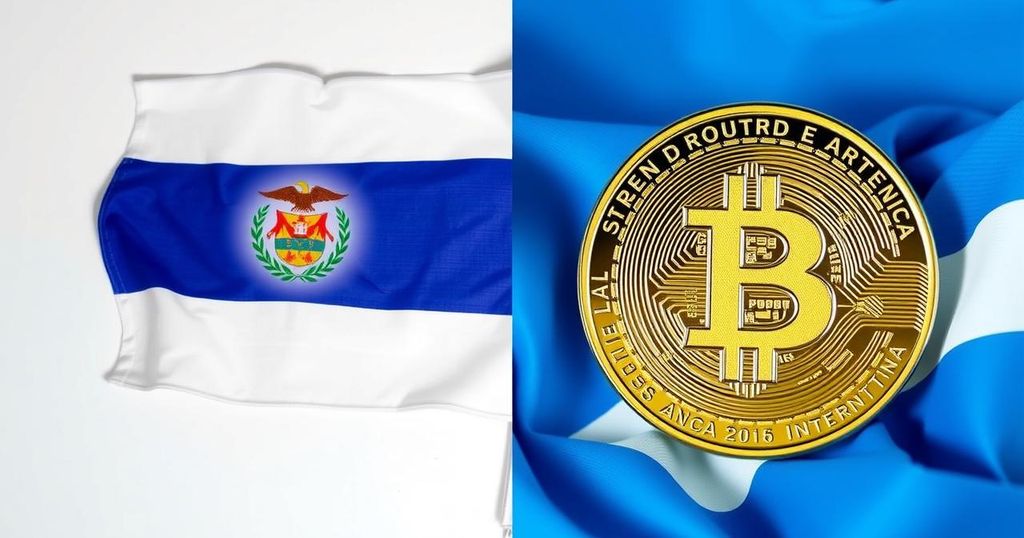Latam Insights: Economic Developments in El Salvador, Argentina, and Brazil Regarding Cryptocurrency
El Salvador has secured a $1.4 billion IMF deal that mandates reduced bitcoin activity. Argentina is enhancing surveillance against crypto crimes, while the Brazilian Senate plans to discuss cryptocurrency’s future, acknowledging its increasing adoption in the economy.
In a significant development, El Salvador has secured a $1.4 billion credit facility from the International Monetary Fund (IMF) aimed at supporting its economic reforms and addressing balance of payment needs. This agreement requires the nation to curtail its bitcoin activities to comply with IMF stipulations. Meanwhile, Argentina has intensified its focus on combating crypto-related crime, directing federal security forces to actively monitor unauthorized financial intermediation involving cryptoassets. Lastly, Brazil’s Senate is preparing to hold discussions on the future of cryptocurrencies in the nation, acknowledging their growing adoption and potential impact on the economy.
The economic landscape in Latin America is evolving rapidly, particularly in relation to cryptocurrencies. Countries such as El Salvador and Argentina are grappling with the regulatory challenges and socio-economic implications posed by the digital currency boom. The IMF’s agreement with El Salvador exemplifies the tension between traditional fiscal policies and innovative financial technologies. Concurrently, Argentina’s focus on crypto crimes showcases the need for enhanced security measures in peer-to-peer financial transactions, indicative of the concerns raised by the potential impact of cryptocurrencies on public trust and financial stability. Brazil’s legislative interest in crypto reflects a recognition of the digital asset market’s significance in the economy, suggesting a proactive approach to embrace financial innovation.
In summary, the recent developments in El Salvador, Argentina, and Brazil highlight the dynamic interplay between government policy and the evolving cryptocurrency landscape in Latin America. El Salvador’s IMF agreement underscores financial caution amid bitcoin’s volatility, while Argentina’s measures against crypto crime reveal the challenges of safeguarding citizens within this emerging sector. Additionally, Brazil’s Senate session emphasizes the growing need to understand and regulate the broadly adopted crypto market, positioning the country for informed decision-making in its economic future.
Original Source: news.bitcoin.com




Post Comment